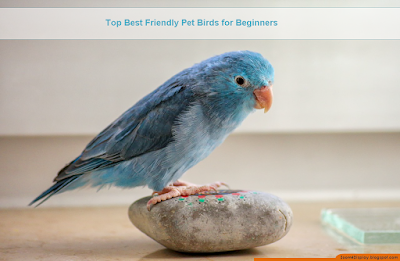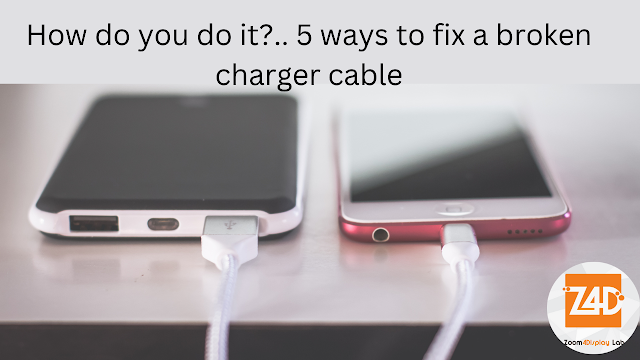Many people fall into several mistakes when using air conditioners,
which can weaken their efficiency and effectiveness, in addition to their safety as experts stress.
"If you have a poor maintenance system, the air conditioner can become contaminated
with living organisms that may be harmful if inhaled."Scientist at the Berkeley Lawrence Laboratory, a specialist in the study of the indoor environment,
Mark Mendel to the US Time newspaper
Mendel mentioned problems of asthma, allergies and some other potential damage.
Here are 8 of the most common mistakes people make when it comes to home conditioners, plus some simple adjustments that can save your lungs and wallet:
1.not changing or cleaning air filters
At a minimum, you must change the central air filter once every 3 months, or once a month if the air conditioning system is operating all the time without interruption.
If you neglect this procedure, the dirty filter can cause a poor flow of air or freeze the Freon coil responsible for cooling, says James Brown, an engineering professor and director of the High Performance Buildings Center at Purdue University.
The dirty filter can add from 5% to 15% on the electricity bill, as it will shorten the lifetime of the whole system.
fortunately, replacing filters is cheap, usually with a filter price of less than $ 10.
If you have a split air conditioner with no air strips, you will find
the filter in a panel on the front of the air conditioner,
and you can clean it with a piece of cloth instead of replacing it completely.
2 - not to maintain the air conditioning system annually
Brown says you can look for online tutorials on how to clean the cooling unit and fins in the air conditioner, as well as the
maintenance needed to maintain the air conditioning system and help it operate efficiently.
You can also bring a professional technician to maintain the conditioner once a year.
3 - You do not have thermostat (heat regulator) programmer
Brown says, maybe you're one of the few superheroes that remember adjusting
the temperature of air conditioning always before leaving home. But if you're like the rest of us,
using a thermostat programmer can save you a lot of cash in your electricity bill every year,
by automatically raising temperatures at those times of the day when you're at work or away from home.
He adds that modern models of thermostat are connected to the mobile phone to make control of it much easier.
4. Adjust the temperature regulator to a very low degree
Research shows that the human body is able to adapt to hot or cold temperatures very quickly, in about a week or two at most.
When you realize that you will reduce your bill by about 3% for every temperature you raise - let alone the potential environmental benefits of reduced conditioning - you will find it worth a little sweating during this period. You can adjust thermostat at higher temperatures, 25 ° C For example (or higher if you can live with it).
5. Do not take full advantage of fans
Any kind of fans - especially ceiling fans - can help keep cold air distributed throughout your home. Brown says this raises some of the burden of the air conditioning system.
Just make sure that the ceiling fan rotates counterclockwise during the summer, which enhances airflow.
6. Thermostat or air exit vents are in a bad place
If the heat regulator is exposed to sunlight or placed near a lamp for a long time,
it can cause erroneous readings and cause the system to run too much even if the place is cold.
Especially if you are away from the place during the day, you may not realize that the air conditioning
system is doing additional work because of putting the heat regulator in an inappropriate place, says Brown.
You can also block airflow openings by placing pieces of furniture or curtains.
Unless you spend a lot of time on your couch, you may want to make sure that the air exit vents are not locked.
7. Refrigerate empty rooms
If air conditioning openings are open in every room in your home, you will cool many furniture in rooms you may not use on a daily basis. So close those holes in the uninhabited rooms. Also, be sure to close the doors of the cabinets to ensure that those areas do not swallow cold air.
8. Do not have curtains
Bright sunlight is an enemy air conditioning system. As experts say, by closing curtains to prevent sunlight, you will at the same time block the heat of the sun from affecting your home.
this it we done here, if this helps your please join social pages, for more like this and much more
thank your












